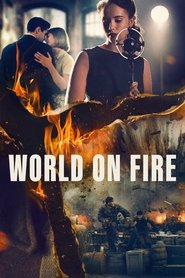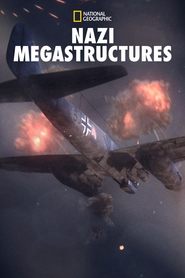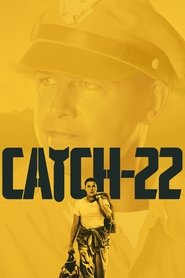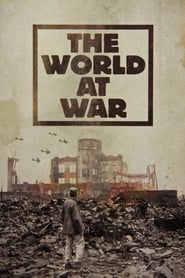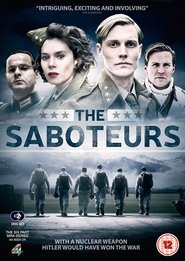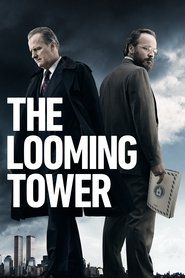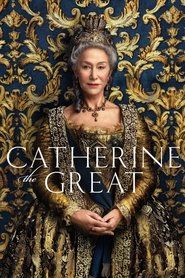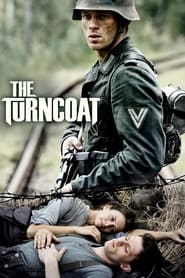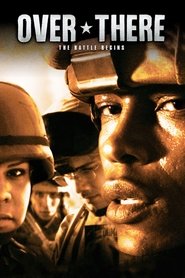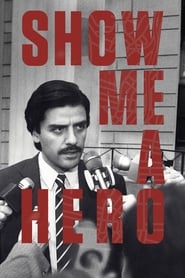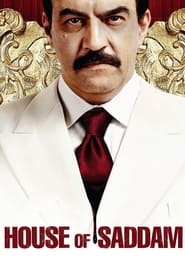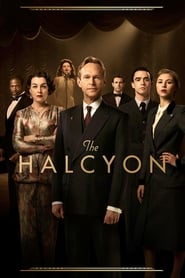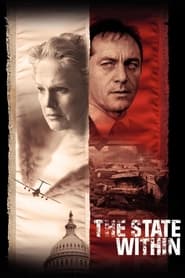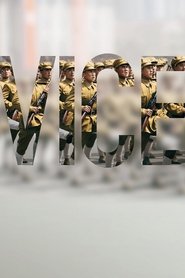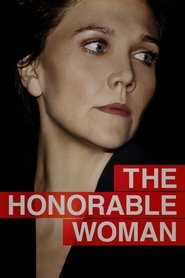Popular War Politics TV Series on Amazon Video - Page 4
-
World on Fire
2019
World on Fire
2019
star 7.5The story of World War II told through the intertwining fates of ordinary people from all sides of this global conflict as they grapple with the effect of the war on their everyday lives. -
Nazi Megastructures
2013
Nazi Megastructures
2013
star 7.6In a quest for world domination, the Nazis built some of the biggest and deadliest pieces of military hardware and malevolent technology in history. This is the stories of the engineers who designed them and how these structures sparked a technological revolution that changed warfare forever. -
Catch-22
2019
Catch-22
2019
star 7.3Pianosa Island, Italy, World War II. Bombardier John Yossarian tries to fulfill his duty, maintain sanity and return home as soon as possible, but incompetence and bureaucracy constantly stand in his way. -
The World at War
1973
The World at War
1973
star 8.3A documentary series that gives a historical account of the events of World War II, from its roots in the 1920s to the aftermath and the lives it profoundly influenced. -
The Saboteurs
2015
The Saboteurs
2015
star 7.2When the Nazis secure a heavy water plant to realize their plan to create an atomic bomb, the Norwegian Allies struggle to sabotage the operation. -
The Loudest Voice
2019
The Loudest Voice
2019
star 7.4The rise and fall of Fox News founder Roger Ailes, focusing primarily on the past decade in which Ailes arguably became the Republican Party’s de facto leader, while flashing back to defining events in his life. -
The Looming Tower
2018
The Looming Tower
2018
star 7.3While Osama bin Laden and Al-Qaeda become a global threat, the rivalry between the CIA and FBI inadvertently sets the stage for the tragedy of 9/11 and the Iraq War. -
The Long Road Home
2017
The Long Road Home
2017
star 6.6Relive a heroic fight for survival during the Iraq War, when the 1st Cavalry Division from Fort Hood was ferociously ambushed on April 4, 2004, in Sadr City, Baghdad — a day that came to be known in military annals as “Black Sunday.” -
Catherine the Great
2019
Catherine the Great
2019
star 6.7This four-part historical drama follows the end of Catherine the Great's reign and her affair with Russian military leader Grigory Potemkin that helped shape the future of Russian politics. -
The Turncoat
2020
The Turncoat
2020
star 6Summer 1944. Walter Proska is about to return to the Eastern Front when his train is blown up by partisans. Together with a scattered bunch of German soldiers, cut off from the front, he awaits certain death while the commands of his superior Willi Stehauf are becoming more and more senseless and inhuman. -
Over There
2005
Over There
2005
star 6.5Gritty, intense, evocative and emotional, "Over There" takes you to the front lines of battle and explores the effects of war on a U.S. Army unit sent to Iraq on their first tour of duty, as well as the equally powerful effects felt at home by their families and loved ones. -
Show Me a Hero
2015
Show Me a Hero
2015
star 7Mayor Nick Wasicsko took office in 1987 during Yonkers' worst crisis when federal courts ordered public housing to be built in the white, middle class side of town, dividing the city in a bitter battle fueled by fear, racism, murder and politics. -
Roadkill
2020
Roadkill
2020
star 6.4Politician Peter Laurence's private life is falling apart. Shamelessly untroubled by guilt or remorse, he seeks to further his own agenda whilst others plot to bring him down. Can he out-run his own secrets to win the ultimate prize? -
House of Saddam
2008
House of Saddam
2008
star 6.9The intimate world of Saddam Hussein and his closest inner circle is in this gripping four-part drama that charts the rise and fall of one of the most significant political figures in recent history. -
The Halcyon
2017
The Halcyon
2017
star 6.3The story of a bustling and glamorous five star hotel at the centre of London society and a world at war. -
The State Within
2006
The State Within
2006
star 7.4The State Within is a six-part British television political thriller serial written and created by Lizzie Mickery and Daniel Percival, broadcast on BBC One from 2 November to 7 December 2006. After a plane explodes over Washington DC, panic begins to envelop the British embassy, and its ambassador to Washington, Mark Brydon, finds himself caught in a potentially damaging diplomatic incident. -
Ace Troops
2021
Ace Troops
2021
star 6.2In a time span of nearly 40 years, the series tells the story of a group of young soldiers going through hardship and forging ahead to become the aces of the troop. -
VICE
2013
VICE
2013
star 7A documentary news series with a taboo-breaking team who deliver incredible news stories from around the world. -
Woke
2017
Woke
2017
star 5.4Describes everyday life in a Lyon LGBT centre, examining the initial political, emotional and sexual life of a man who recently came out as gay. -
The Honourable Woman
2014
The Honourable Woman
2014
star 7.4Nessa Stein, the daughter of a Zionist arms procurer who as a child witnessed his assassination. Now an adult, Nessa inherits her father's company and changes course from supplying arms to laying data cabling networks between Israel and the West Bank. Her efforts to reconcile the Israelis and Palestinians lands her an appointment to the House of Lords and creates an international political maelstrom.
 Netflix
Netflix
 Amazon Prime Video
Amazon Prime Video
 Apple iTunes
Apple iTunes
 Apple TV Plus
Apple TV Plus
 Disney Plus
Disney Plus
 Google Play Movies
Google Play Movies
 Paramount Plus
Paramount Plus
 Hulu
Hulu
 HBO Max
HBO Max
 YouTube
YouTube
 fuboTV
fuboTV
 Peacock
Peacock
 Peacock Premium
Peacock Premium
 Amazon Video
Amazon Video
 The Roku Channel
The Roku Channel
 AMC+
AMC+
 Kocowa
Kocowa
 Hoopla
Hoopla
 The CW
The CW
 Vudu
Vudu
 Starz
Starz
 Showtime
Showtime
 PBS
PBS
 Pantaflix
Pantaflix
 FXNow
FXNow
 Tubi TV
Tubi TV
 Kanopy
Kanopy
 Comedy Central
Comedy Central
 Crunchyroll
Crunchyroll
 Microsoft Store
Microsoft Store
 Redbox
Redbox
 Sun Nxt
Sun Nxt
 ABC
ABC
 DIRECTV
DIRECTV
 Crackle
Crackle
 Fandor
Fandor
 Plex
Plex
